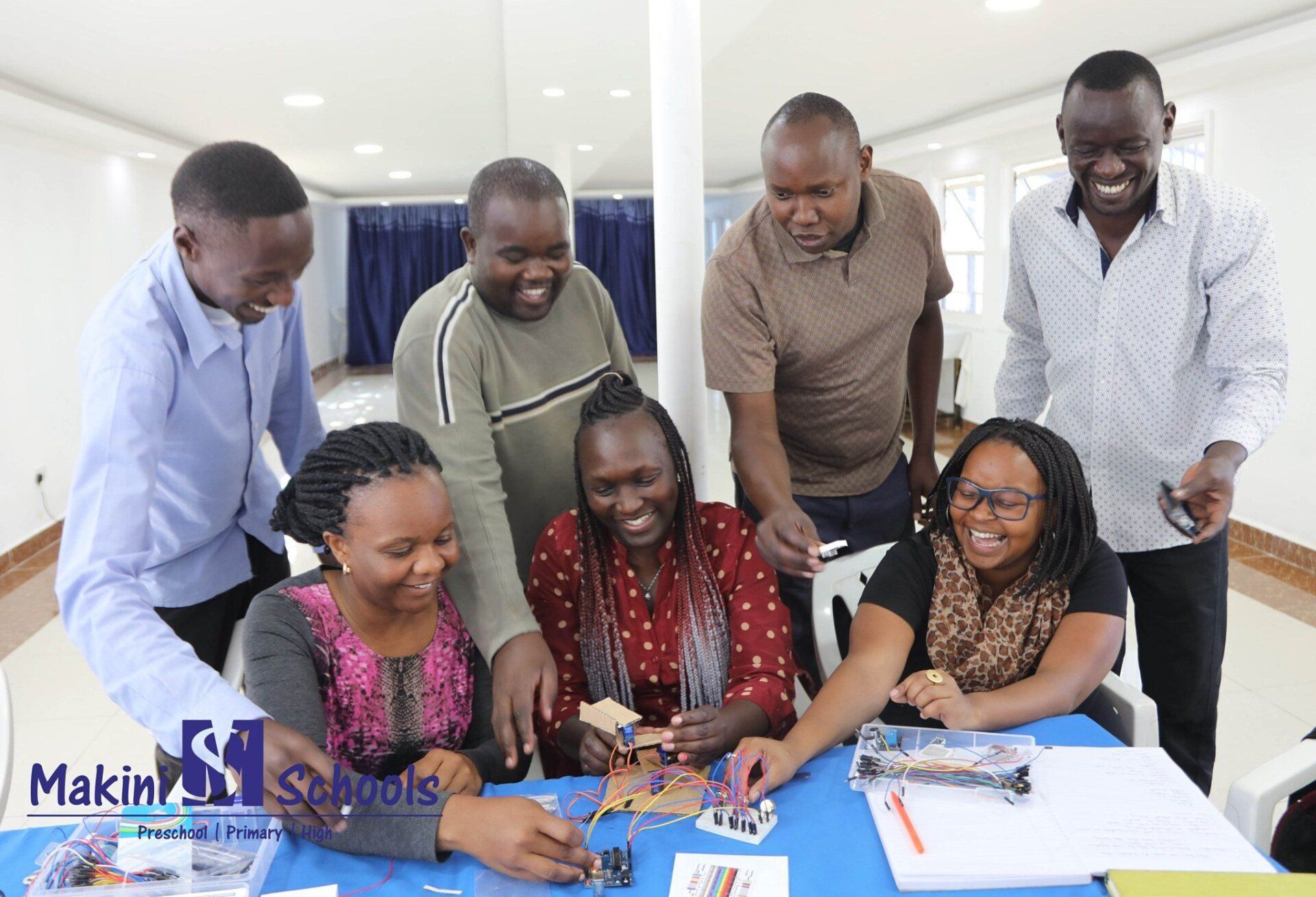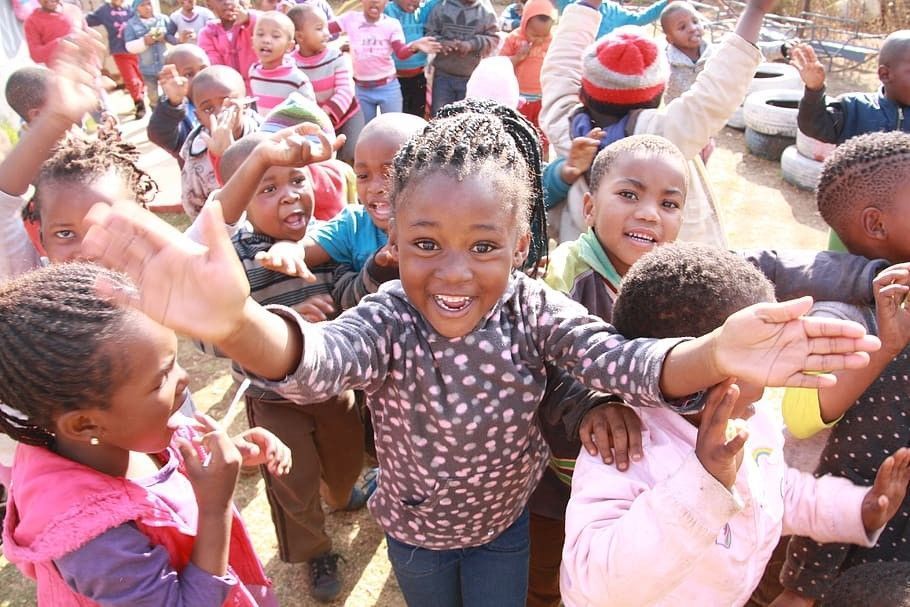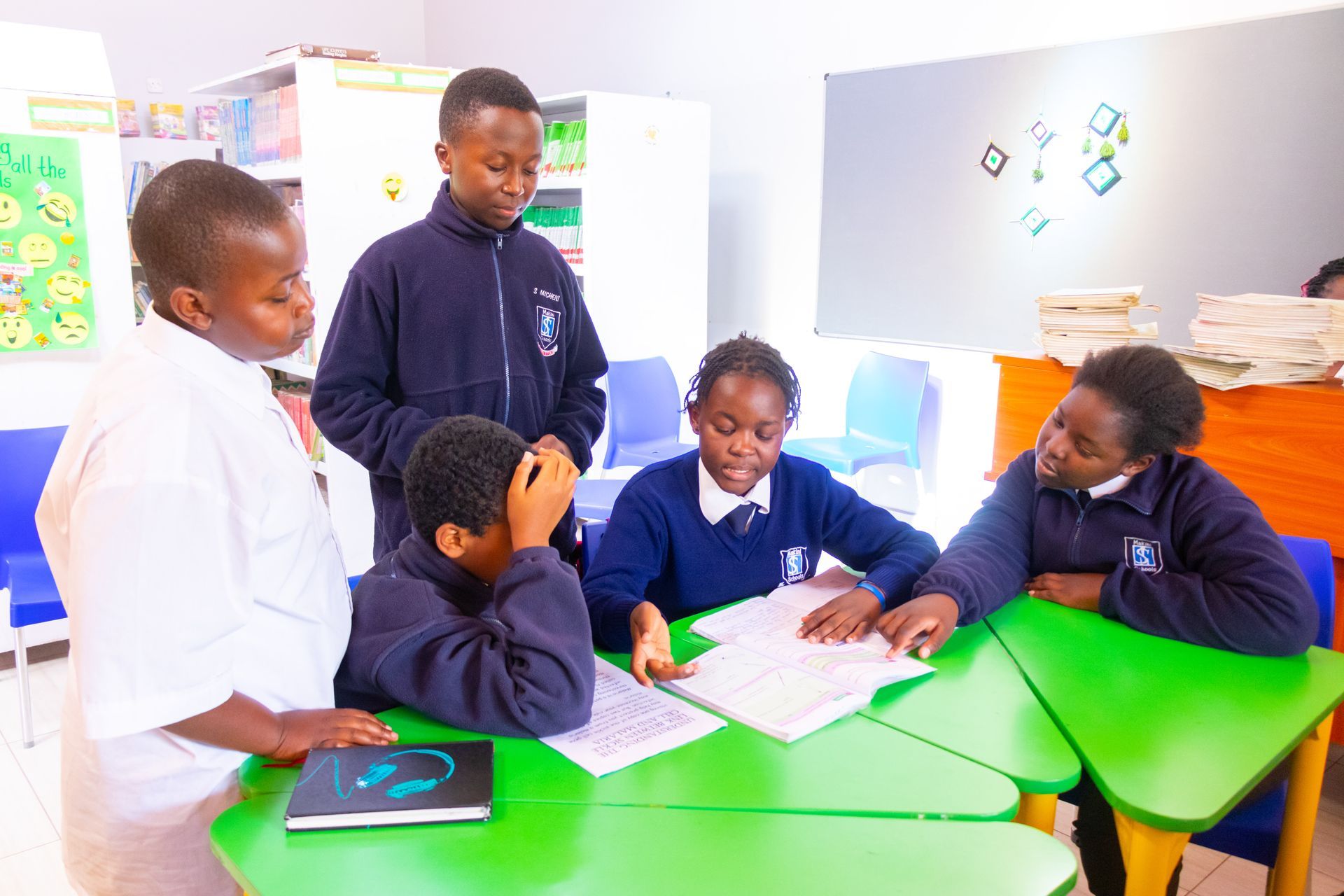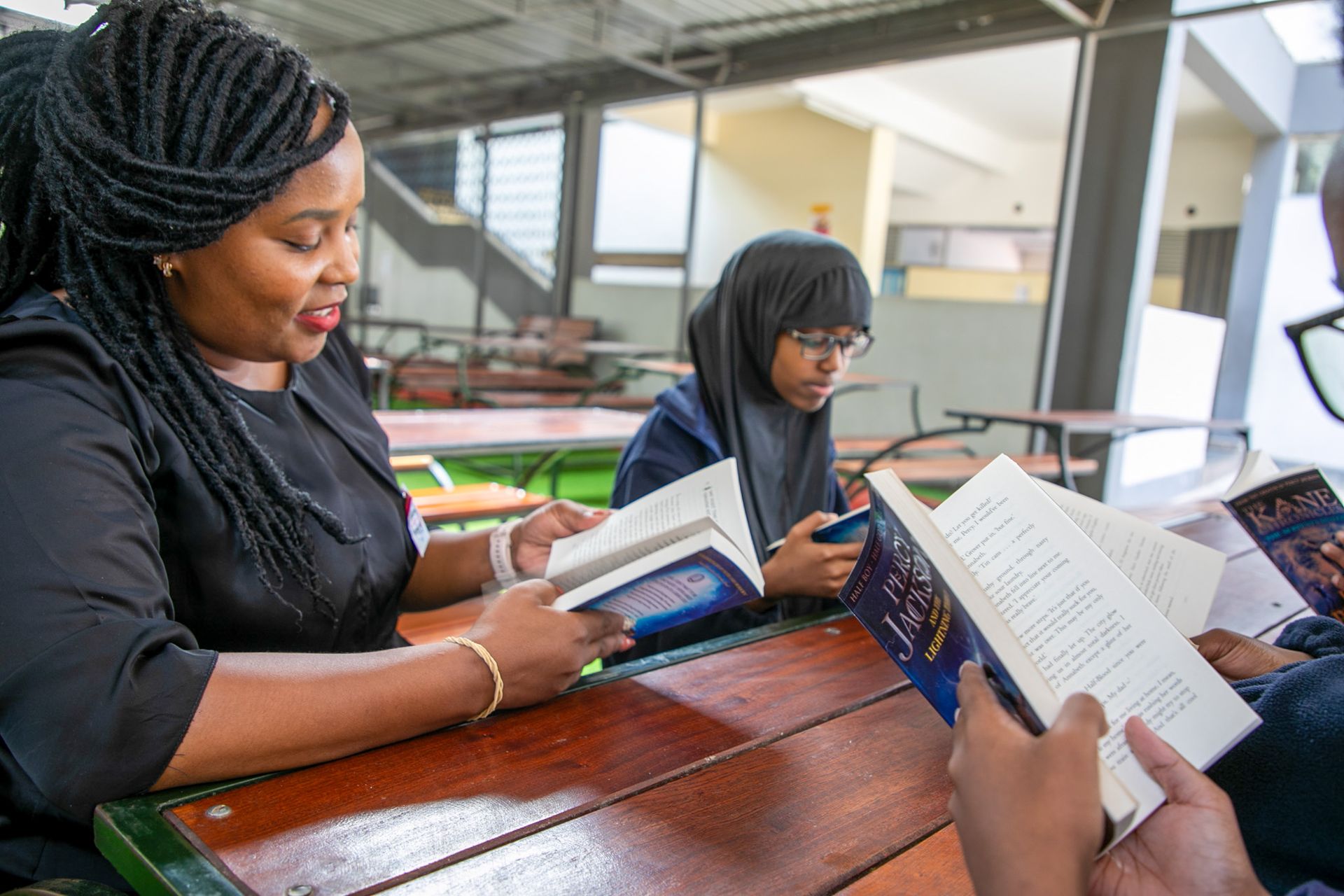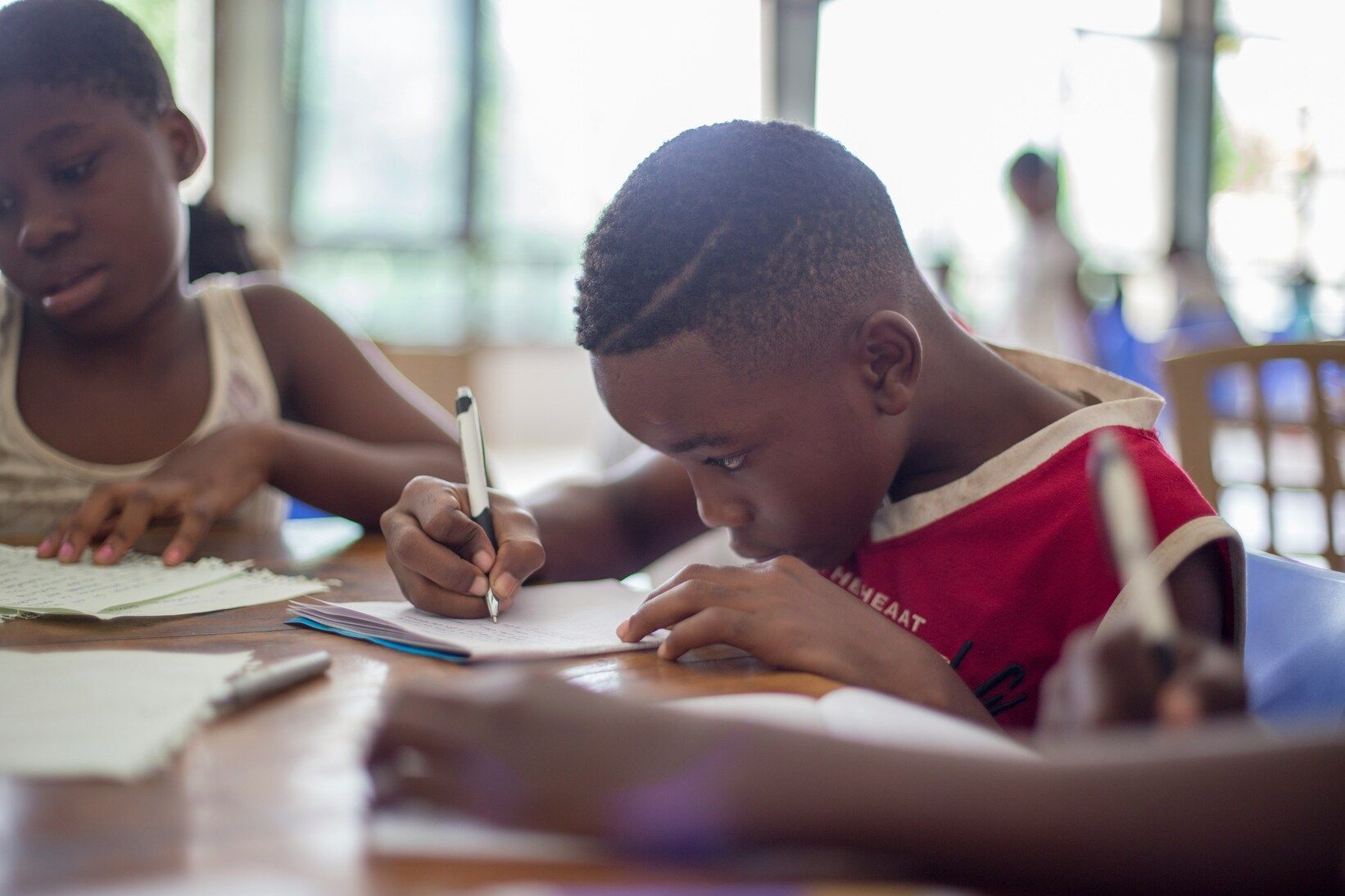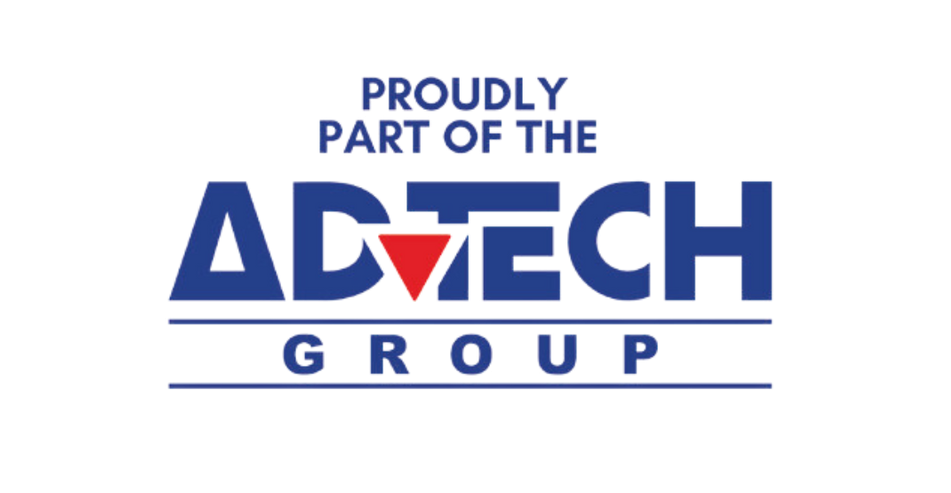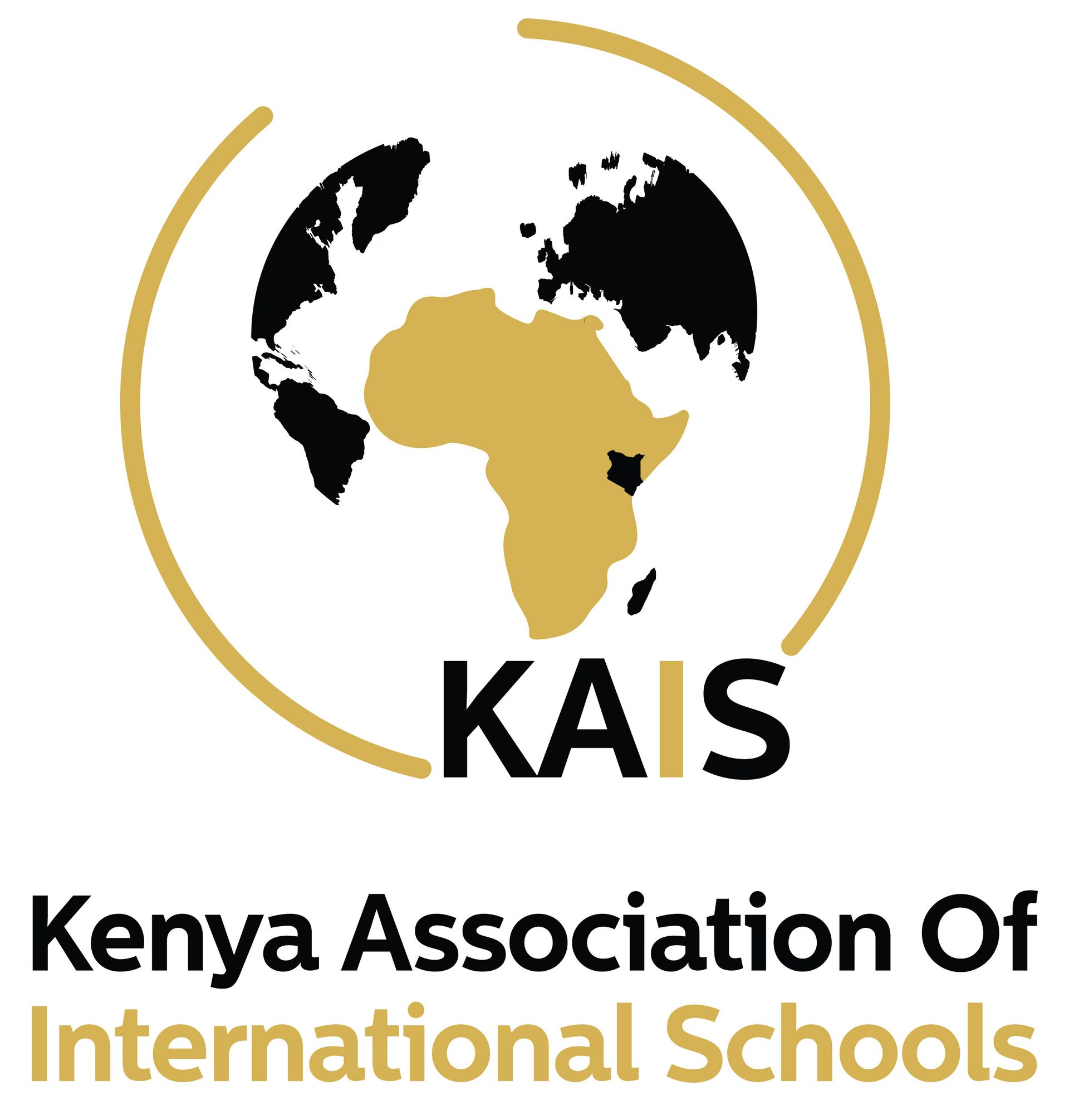Sustainability Initiatives at Makini Schools: Leading the Future of Education
Educational Programs Focused on Sustainability
Makini School is committed to fostering a generation of environmentally conscious individuals. For this reason, sustainability is integrated into the curriculum and daily operations of the school. From sustainability projects to environmental awareness programs, Makini School prepares learners in contributing towards a greener, more sustainable future.
What sustainability initiatives does Makini School have?
Makini School has a number of sustainability initiatives aimed at reducing environmental impact.
1. Waste management
Learners and staff are encouraged to separate their waste into recyclable and non-recyclable materials. This teaches learners about the different types of recyclable materials and ensures that waste is taken care of responsibly. Organic waste is composted which enriches the school’s garden and reduces landfill use.
2. Renewable energy sources
To minimise the school’s reliance on non-renewable energy and reduce its carbon footprint, solar panels have been installed on some of the school buildings.
3. Rainwater harvesting
In a water scarce country like Kenya, rainwater harvesting is essential. The school has systems in place to collect and store water which can be used for garden irrigation and sanitation purposes.
4. Eco-friendly spaces
Green practices are emphasised through the creation of eco-friendly spaces. The school gardens are a wonderful example of this and are used to teach students about sustainable agriculture. Trees planted across the schools serve as an opportunity to educate learners about afforestation.
How are learners involved in environmental education?
Makini School involves learners directly in their environmental education programs. This gives the learners a hands-on experience while learning about the importance of sustainability. There are a wide variety of clubs that learners can join where trees are planted, litter is picked up and school gardens are maintained. These activities foster a sense of responsibility for the environment and help learners understand the tangible impact of their efforts.
The school has also introduced a series of outdoor educational visits which are age specific. These are designed to encourage independence, confidence and a wider understanding of local and regional issues such as conservation, environment and enterprise.
Environmental education is the future of education and Makini School weave this into the curriculum. Science classes explore climate change, ecosystems and renewable energy. Geography classes examine the human impact on the environment. Through environmental projects, learners are encouraged to research environmental issues in their country and globally. Upcycling projects challenge learners to create something unique from litter or recyclable materials.
Makini School also encourages its learners to participate in local and international environmental initiatives like World Environment Day and Earth Hour. When learners are included in these larger movements they are inspired to think beyond their immediate surroundings and learn to understand that they plan a larger role in global environmental efforts.
What are the benefits of these initiatives?
There are numerous benefits to Makini School’s sustainability in education programs. When learners participate in environmental initiatives, they gain problem-solving skills and develop an increased sense of responsibility.
These initiative also promote leadership, teamwork and collaboration skills. Being part of environmental action gives learners a purpose and motivates them to continue advocating for sustainable practices as they grow older. Emphasis on sustainability also prepares learners for the future as they will be required to help tackle the pressing environmental issues.
At Makini School, we aim to set an example to our learners. We are committed to the sustainability of our country and the world. By empowering our learners to embrace their roles as environmental advocates, we can help lay the groundwork for a greener, more sustainable world. Discover more about the educational programs on offer at Makini School or get in touch with us.


